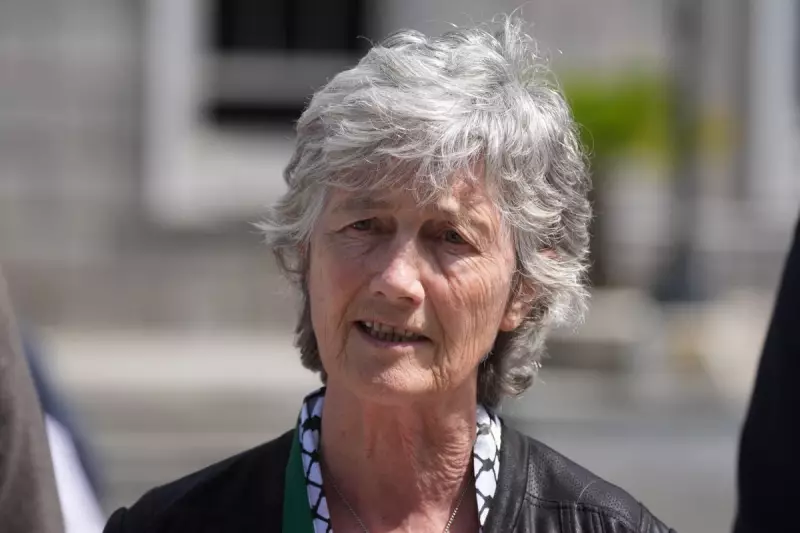
A storm of protest has engulfed the House of Commons after Speaker Sir Lindsay Hoyle upended parliamentary convention, allegedly to shield Labour leader Sir Keir Starmer from a damaging rebellion over the conflict in Gaza.
The controversy erupted during a debate on an SNP motion calling for an immediate ceasefire. In a highly unusual move, Sir Lindsay selected a Labour amendment for a vote, a decision that traditionally favours the government, not the opposition.
A Breach of Protocol Sparks Fury
The decision sent shockwaves through the chamber. Conservative MPs immediately accused the Speaker of having "ripped up the rule book" and compromising his impartiality. The atmosphere grew so heated that Commons Leader Penny Mordaunt led a dramatic walkout of government ministers, declaring they could not participate in a "parliamentary pantomime."
For the SNP, whose original motion was effectively sidelined, the fury was palpable. Their Westminster leader, Stephen Flynn, demanded to know if Sir Lindsay had come under pressure from Labour, bluntly asking if the Speaker had "given any consideration to the fact that the Labour Party are threatening to blackmail you into selecting their amendment?"
The Stakes for Keir Starmer
At the heart of the crisis is the immense pressure on Sir Keir Starmer. Dozens of his frontbenchers had threatened to resign in order to support the SNP's stronger ceasefire motion. By allowing a vote on Labour's own amendment—which called for an "immediate humanitarian ceasefire" but with conditions linked to the release of hostages—Sir Lindsay provided a lifeline to the Labour leader, potentially averting a mass walkout.
This perceived favouritism is what has caused the deepest outrage. Conservative MP William Wragg told the Speaker, "The reason for the decision today, I fear, looks to many like it's been done to protect the Labour Party from losing its own MPs… that is an invidious position for you to be in."
An Unprecedented Apology and a Crisis of Confidence
Facing a potential no-confidence motion, Sir Lindsay Hoyle later returned to the chamber to offer a "heartfelt" apology for the chaos. He insisted his intention was to allow the broadest possible debate on a issue of grave importance, fearing MPs were being threatened over their stance on Gaza.
However, the apology did little to calm the waters. The SNP declared it had "no confidence" in the Speaker, while senior Conservatives expressed their profound disappointment. The event has plunged the office of the Speaker into an unprecedented crisis, raising serious questions about the integrity of parliamentary process and the political pressures surrounding the devastating war in Gaza.






